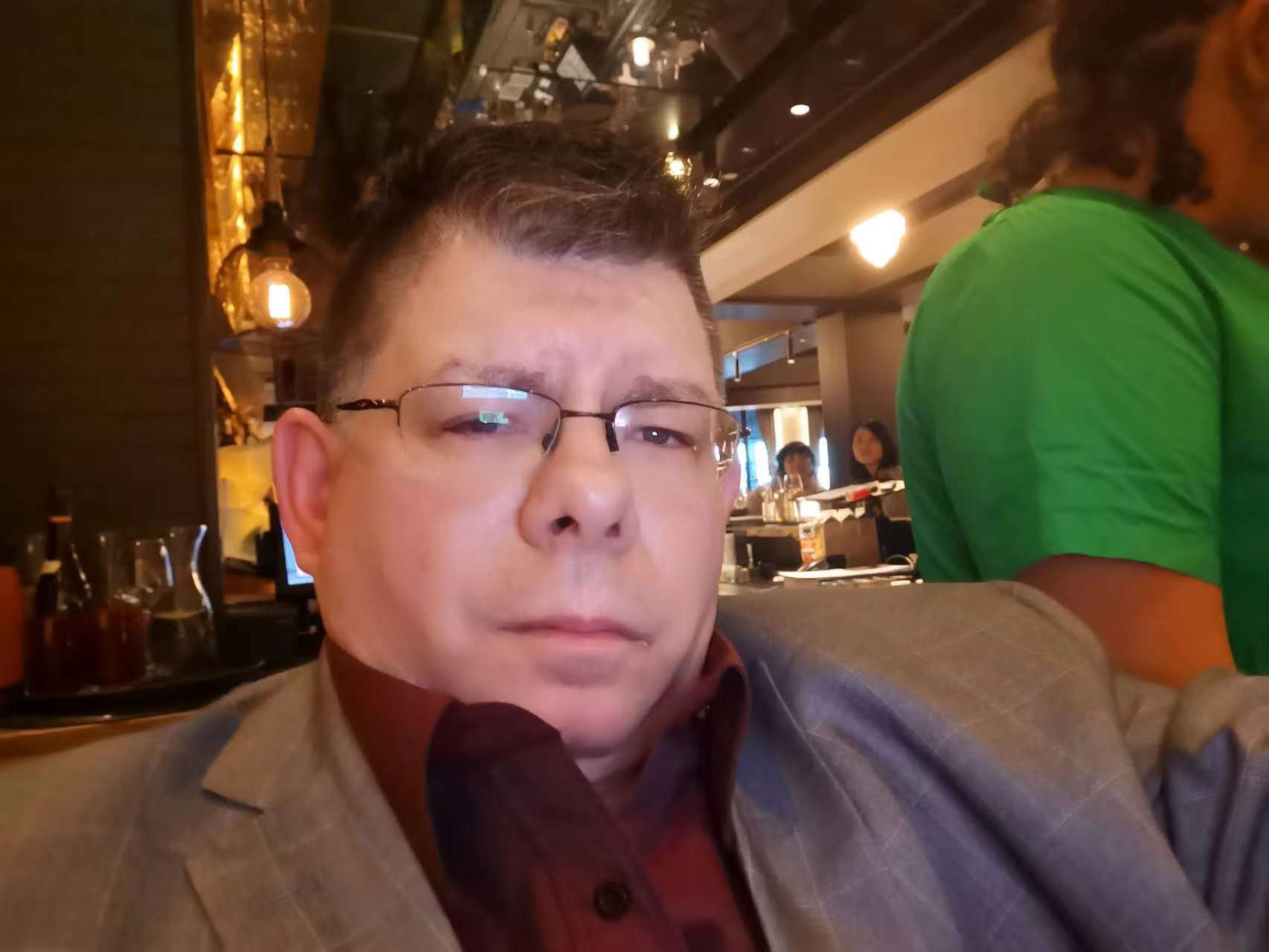I am going to give up my writing space to writer Russell Rowland. He is a Facebook friend of mine and wrote a compelling post earlier today and he gave me permission to share it in full. I thought I would go the Maureen Dowd-Stephen Colbert route and let his piece be a guest column. -Bill Wetzel
Russell Rowland: An Open Letter to My Republican Friends
Change is a drag, isn't it? We can all agree on that. When life gets comfortable, when we work hard to put ourselves in a position to rest, we resist, and often fight, anything that threatens that. But if we don't make an adjustment now and then, if we don't shift in our chair, or roll over in bed, or move our limbs and stretch our muscles, we develop ailments. Or wounds. We get sick.
There was a time, not that long ago, when most people agreed that health care needed an overhaul. That it was sick. It wasn't a hot-button topic. It was the question of how we'd get there that people got a little testy about. But hardly ever angry, or violent. There were strong opinions, but most people agreed that something had to be done. Now we've inched our toes up to the starting line, stretched out our calf and thigh muscles, squeezed into our track shoes, and got ourselves set in the blocks. And that's when the butterflies really start. Because we don't know what will happen once that gun sounds. The unknown. That's the scary part. And now a few of the more frightened among us have decided to shout as loud as they can to drown out the simple facts of the issue.
And of course, that's the problem. There are a ton of people out there who don't have that comfort and assurance. And we can help. And that's where things get twisted sometimes. Can we agree on that? Do we all have a small voice inside is that says 'why should I help them when I'm barely getting by myself?' Sometimes, we even resent these people, right? We wonder how they got themselves in this position. Didn't they work for a living? Did they turn their backs on the friends and families that tried to help them? And of course, some of them probably did. Some of these people are probably not the most pleasant people in the world. And I'll let you in on a little secret...there are those among us bleeding heart liberals that are also a little bothered by the idea that we might be helping people like that. But does that mean they don't deserve medical treatment? Can we, in good conscience, convict these people to a slow, silent death? And more importantly, what about the ones who don't fall in that category? What about the ones who have worked hard, lived a good life, treated their friends and family right, and still fell through the cracks? The ones who lost their jobs because of injury or disease, and now can't get insurance because of their pre-existing condition. But more than that, what about these peoples' children? Can we live with ourselves knowing that there are hundreds of thousands of children out there who can't go to a doctor because we're worried about a few freeloaders taking advantage of the system? Can we live with the fact that we can help and we chose not to do that?
It's a huge task. Just trying to imagine what 'the health care system' means is overwhelming. It's like trying to imagine moving our highways a foot or two to one side. But the facts are pretty straight-forward. People are dying because they can't afford to see a doctor. And we've been living with that reality for too long. We all have that on our conscience, whether we admit it or not. Because we all have the power to change it. The alternatives are out there. And in the long run, according to every solid study available, it will save us money to adopt these changes. It's just a matter of having a civil discussion about which plan we can all agree on. It's a matter of sorting through the yelling and rhetoric, on both sides of the aisle, and getting to the facts.
So before you dismiss the call for change, find out the facts, and contact your congressman and encourage them to do the same. And let's talk about how frightening it is. But please, think about the consequences if we don't do something.
Russell Rowland has published two novels, In Open Spaces (Harpercollins 2002) and The Watershed Years (Riverbend 2007). He has an MA in Creative Writing from Boston University, and has taught writing at BU, St. Mary's College, where he was a Writer-in-Residence, Gotham Writing Workshops, and now at Montana State University Billings. He has been a MacDowell fellow, and his stories have appeared in various publications. He was a fiction editor for The Smoking Poet. For more on Russell, visit www.russellrowland.com.





